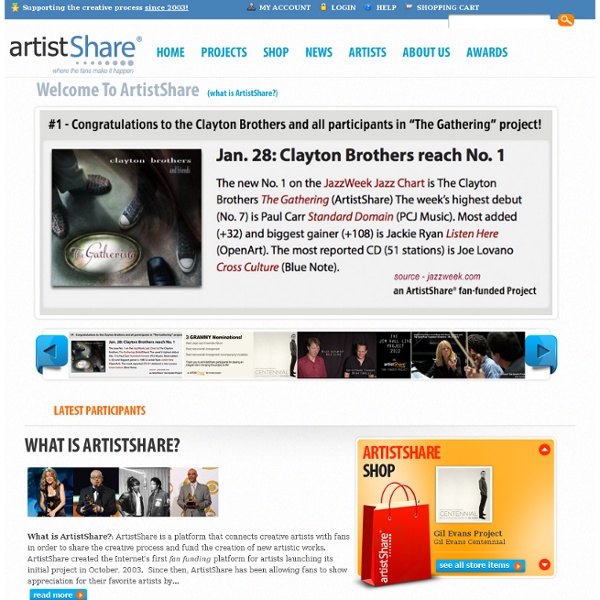



fondomat.com Crowd funding Crowdfunding is the practice of funding a project or venture by raising monetary contributions from a large number of people, typically via the internet.[1] One early-stage equity expert described it as “the practice of raising funds from two or more people over the internet towards a common Service, Project, Product, Investment, Cause, and Experience, or SPPICE.”[2] The crowdfunding model is fueled by three types of actors: the project initiator who proposes the idea and/or project to be funded; individuals or groups who support the idea; and a moderating organization (the "platform") that brings the parties together to launch the idea.[3] In 2013, the crowdfunding industry grew to be over $5.1 billion worldwide.[4] History[edit] Types[edit] The Crowdfunding Centre's May 2014 report identified the existence of two primary types of crowdfunding: Rewards-based[edit] Equity[edit] Debt-based[edit] Litigation[edit] Charity[edit] Role of the crowd[edit] Crowdfunding platforms[edit] Origins[edit] Press
Crowdsourcing Crowdsourcing is a sourcing model in which individuals or organizations obtain goods and services. These services include ideas and finances, from a large, relatively open and often rapidly-evolving group of internet users; it divides work between participants to achieve a cumulative result. The word crowdsourcing itself is a portmanteau of crowd and outsourcing, and was coined in 2005.[1][2][3][4] As a mode of sourcing, crowdsourcing existed prior to the digital age (i.e. "offline").[5] There are major differences between crowdsourcing and outsourcing. Some forms of crowdsourcing, such as in "idea competitions" or "innovation contests" provide ways for organizations to learn beyond the "base of minds" provided by their employees (e.g. Definitions[edit] The term "crowdsourcing" was coined in 2005 by Jeff Howe and Mark Robinson, editors at Wired, to describe how businesses were using the Internet to "outsource work to the crowd",[1] which quickly led to the portmanteau "crowdsourcing."
peerbackers.com The Factory of the Common The commons This article is about the term "commons" in political economics. It is not to be confused with common land. The commons is the cultural and natural resources accessible to all members of a society, including natural materials such as air, water, and a habitable earth. These resources are held in common, not owned privately. Definition and modern use[edit] The definition from the Digital Library of the Commons is; "the commons is a general term for shared resources in which each stakeholder has an equal interest".[1] The term "commons" derives from the traditional English legal term for common land, which are also known as "commons", and was popularised in the modern sense as a shared resource term by the ecologist Garrett Hardin in an influential 1968 article called The Tragedy of the Commons. Types of commons[edit] Environmental[edit] The examples below illustrate types of environmental commons. European land use[edit] Main article: Common land Mongolian grasslands[edit] Digital commons[edit]